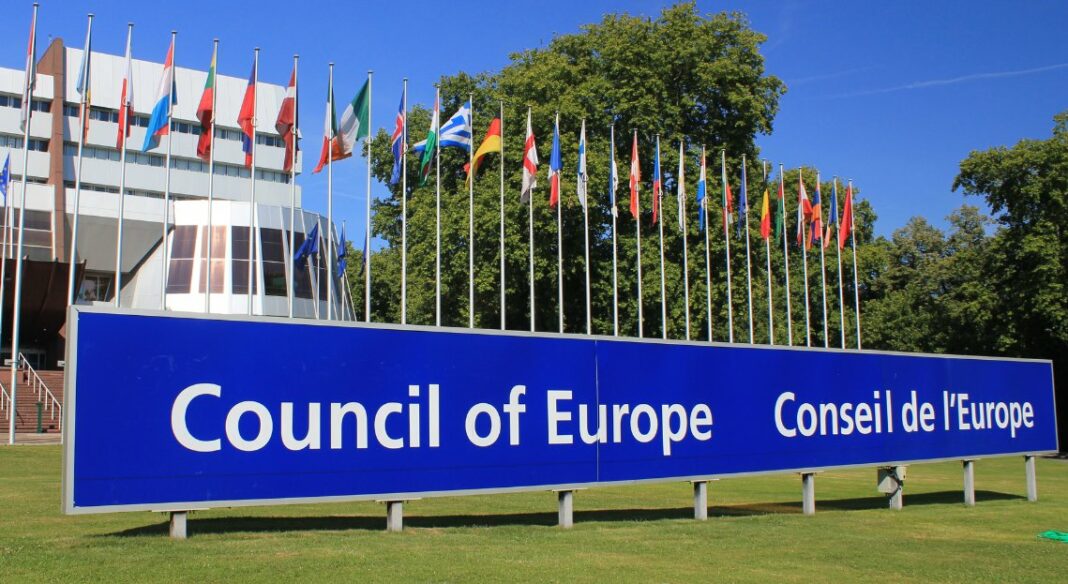The Council of Europe (CoE) has pressed Turkey to complete the retrial of former teacher Yüksel Yalçınkaya in accordance with the European Convention of Human Rights (ECHR) and to address broader legal flaws that have led to thousands of similar prosecutions.
During its 1,531st meeting held June 10-12, the CoE Committee of Ministers’ Deputies reviewed Turkey’s implementation of a 2023 European Court of Human Rights (ECtHR) judgment that found serious violations in Yalçınkaya’s earlier conviction for alleged membership in a terrorist organization, which led to a retrial.
Despite the ECtHR’s binding judgment, a Turkish court reconvicted Yalçınkaya in September 2024, raising doubts about Ankara’s willingness to comply with international legal obligations.
The conviction in the retrial is subject to an appeal procedure, and the new decision will be finalized after a judgement by Turkey’s Supreme Court of Appeals.
At the heart of the case is the Turkish government’s crackdown on the Gülen movement, a faith-based civic initiative inspired by the late Muslim cleric Fethullah Gülen. For decades, the movement operated a global network of schools and charities, including hundreds of educational institutions inside Turkey. It was publicly supported by successive Turkish governments until 2013.
Turkish President Recep Tayyip Erdoğan has been targeting followers of the Gülen movement since corruption investigations revealed in 2013 implicated then-prime minister Erdoğan as well as members of his family and inner circle.
Dismissing the investigations as a Gülenist coup and a conspiracy against his government, Erdoğan began to target the movement’s members. He designated the movement as a terrorist organization in May 2016 and intensified the crackdown on it following an abortive putsch in July of the same year that he accused Gülen of masterminding. The movement strongly denies involvement in the coup attempt or any terrorist activity.
Since the failed coup, at least 705,172 people have been investigated on terrorism or coup-related charges due to their alleged links to the movement. There are currently at least 13,251 people in prison as a result of pretrial detention or convictions related to terrorism in Gülen-linked trials.
The Grand Chamber of the ECtHR ruled in September 2023 that Turkish courts had violated Yalçınkaya’s rights under Article 7 of the European Convention on Human Rights by convicting him without individualized evidence or proof of intent.
Yalçınkaya was sentenced to more than six years in prison largely for having used ByLock, an encrypted messaging app that Turkish authorities claim was exclusively used by members of the Gülen movement.
The court said that mere use of the app, along with membership in a now-banned teachers’ union and an educational association, did not meet the threshold for terrorism-related charges and that Turkish courts had relied on broad, retroactive interpretations of the law.
It also found violations of Article 6, the right to a fair trial, due to the lack of transparency and procedural safeguards in handling digital evidence, and Article 11, the right to freedom of association, over the criminalization of lawful union and civil society activity.
In its decision the Committee of Ministers urged Turkish authorities to ensure that the ongoing retrial of Yalçınkaya complies with ECHR standards and to report back on the case’s progress.
The committee said that Turkey’s Supreme Court of Appeals had issued several rulings aligning with ECtHR jurisprudence, particularly by requiring both intent and concrete actions to convict individuals under anti-terrorism laws.
However, it stressed the need for consistent application of these principles by lower courts and requested additional examples from first-instance court decisions that show proper interpretation of the Yalçınkaya judgment.
The committee also noted that individuals whose cases are final at the domestic level can theoretically seek redress through the Constitutional Court or the ECtHR, though it did not evaluate the effectiveness of those remedies.
It expressed concern over the “considerable number of repetitive applications” still pending before the Strasbourg court, many of them involving similar convictions based on ByLock and organizational affiliations.
The deputies invited Ankara to consider adopting systemic reforms to avoid future violations and encouraged the Turkish authorities to consult the Council of Europe’s Secretariat in designing these reforms.
The Turkish government had submitted an initial action plan in August 2024 outlining legislative and judicial responses to the ruling, but the implementation remains under review.
The Yalçınkaya decision is considered a leading case, triggering the ECtHR’s enhanced supervision procedure due to the scale of the issue.
According to the court, more than 8,000 similar applications were already pending before Strasbourg at the time of the ruling, and domestic estimates suggest that over 100,000 people have been convicted under similar evidence frameworks since Turkey’s 2016 coup attempt.
The Committee of Ministers asked Turkish authorities to submit further updates on individual and general measures by the end of June 2026.
The case has become emblematic of broader concerns over the rule of law and the misuse of counterterrorism laws in Turkey, particularly in the aftermath of the failed coup and subsequent crackdown on the Gülen movement.

